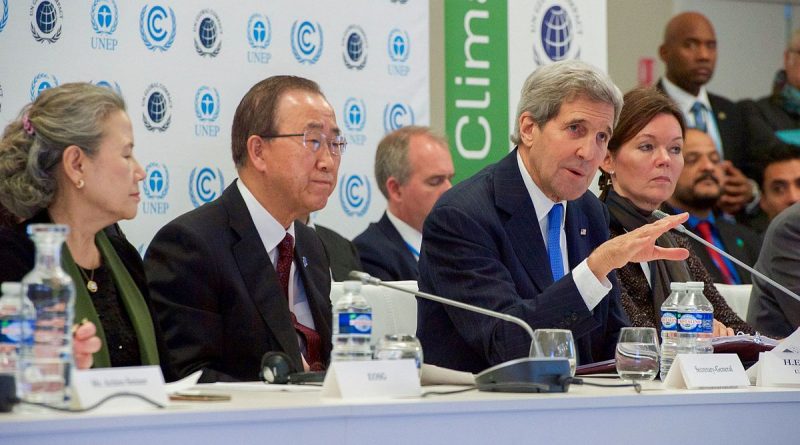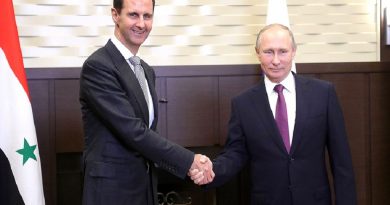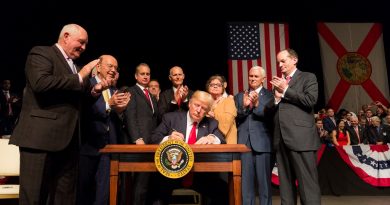10 Things to Read About Climate Change Actors
This article is the second part of the topic 10 Things to Read About Climate Change, giving an overall view about this conflicting issue. While the first part focused on protocols, agreements, and economic impact, this part focuses on the main actors in international climate change regimes and policies – such as China, the European Union, Russia, the USA, and women.
-
China’s Perspective
On “China at the global summit table: rule-taker, deal-wrecker or bridge-builder?” (2011), Jenny Clegg explains that China is “neither seeking to speak on behalf of the developing countries nor siding with the major powers”, although its work and commitment is seen as a “bridge-builder between developed and developing nations.” Astrid Carrapatoso analyses the “Climate policy diffusion: Interregional dialogue in China-EU relations” (2011), explaining that environmental policies are increasingly standardized, giving as an example the policies adopted by China, which have a strategic EU influence. Carrapatoso “argues that the policy diffusion process depends on the scope of the interregional communication process between the EU and China, and the willingness and national responsiveness of China to adopt policy innovations.”
-
European Union, The Green Actor
Thomas Legge, on “An EU Outlook on the Future of the Kyoto Protocol” (2007), gives us the perspective of the European Union vis-à-vis the protocol. According to Legge, “the struggle against climate change is a signature issue for the European Union.” In order for Kyoto to work, it was necessary for all the involved parties to commit and assume their responsibility, also referring to the challenge of implementing this protocol at the international level, taking into account the interests of all nations. For an overall on the role of the EU on climate policy after Copenhagen, Constanze Hang and Frans Berkhout’s “Learning the hard way? European climate policy after Copenhagen” (2010) is a good choice, since they focus not only on the 2009 summit as well as on EU’s internal climate policy. Climate change one of the strengths of the EU, where it seeks to lead “by example”, as Severin Fischer and Oliver Geden put it on “The changing role of international negotiations in EU climate policy” (2015).
-
United States’ Obduracy
In 2001, the United States abandoned the Kyoto Protocol, noting that developing countries should be involved in the protocol as they also had their share of responsibility. “On consequences of the US withdrawal from the Kyoto/Bonn Protocol” (2002), by Barbara Buchner, Carlo Carraro, and Igor Cersosimo, refers the “important implications for both the effectiveness and the efficiency of future climate policies”, analyzing “the consequences of the US decision to withdraw from the Kyoto/Bonn Protocol both on technological innovation and on the price of emission permits.”
-
Russia, The Outsider
Laura A. Henry and Lisa M. Sundstrom co-wrote “Russia’s climate policy: International bargaining and domestic modernization” (2012), which “accounts for the gap between Russia’s weak initial implementation of the Kyoto Protocol and its more active engagement in climate policy during the Medvedev presidency,” examining “the intersection of climate policy and broader efforts to modernise Russia’s economy, drawing attention to synergies between domestic and international politics.” The article “The impact of climate change on regional government expenditures: Evidence from Russia” (2015), by Simo Leppänen, Laura Solanko, and Riitta Kosonen, refers to “a strong and robust negative (but nonlinear) relation between regional budget expenditures and population-weighted temperature”. Nonetheless, most of the literature affirms that the government controls the mass media coverage on climate change issues, both national and international.
-
Women and Environmental Policies
Women are described as people with a minor role in climate change. Fatma Denton refers, on her article “Climate change vulnerability, impacts, and adaptation: why does gender matter?” (2002), that “climate negotiations could be seen as a parody of an unequal world economy, in which men, and the bigger nations, get to define the basis on which they participate and contribute to the reduction of growing environmental problems, while women, and smaller and poorer countries, look in from the outside, with virtually no power to change or influence the scope of the discussions.” Denton also mentions that “it will take more than semantics to reverse some of the most catastrophic outcomes of climate variability and environmental degradation.” Delia Villagrasa, in her article “Kyoto Protocol negotiations: Reflections on the role of women” (2002), mentions that it might not be obvious, but there is a relation between women and the environment, arguing that women should have a major participation on this issue. The author states that “the reason for this is simple: the negative effects of climate change will affect women over-proportionally, and be felt more strongly in the South.”
The European Union won’t let climate policy sit on a shelf. China is now starting to take the first steps in this policy area, and it is improvement each day. But what about the United Sates and its skeptical new President-elect? What about Russia and its government interference on climate change data? Will women have a bigger role after the Paris Agreement?
US Secretary of State John Kerry speaking at the COP21 climate change summit in Paris, France. Photo by US Government / Public domain
![]() This work is licensed under a Creative Commons Attribution-NonCommercial-ShareAlike 4.0 International License.
This work is licensed under a Creative Commons Attribution-NonCommercial-ShareAlike 4.0 International License.




